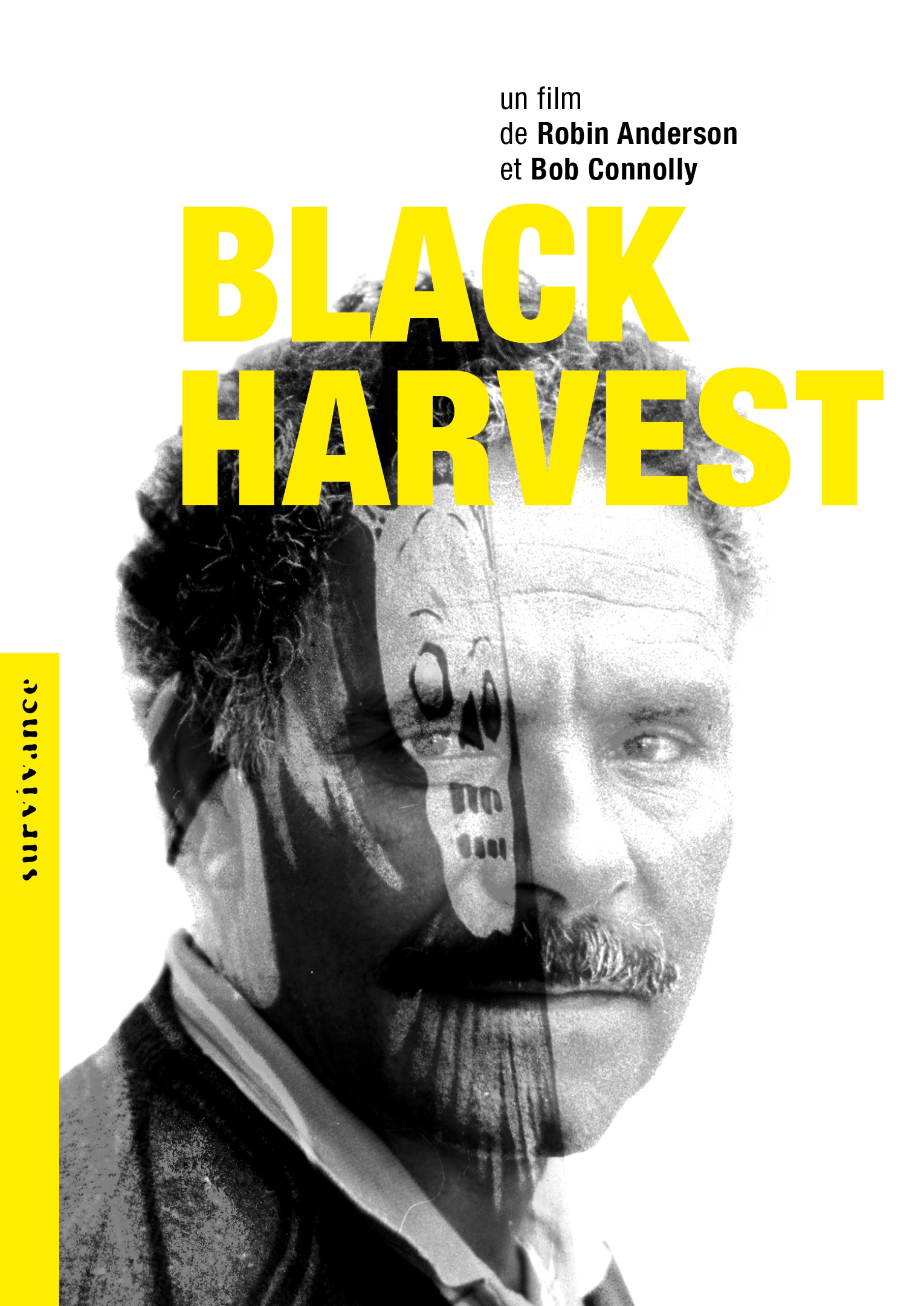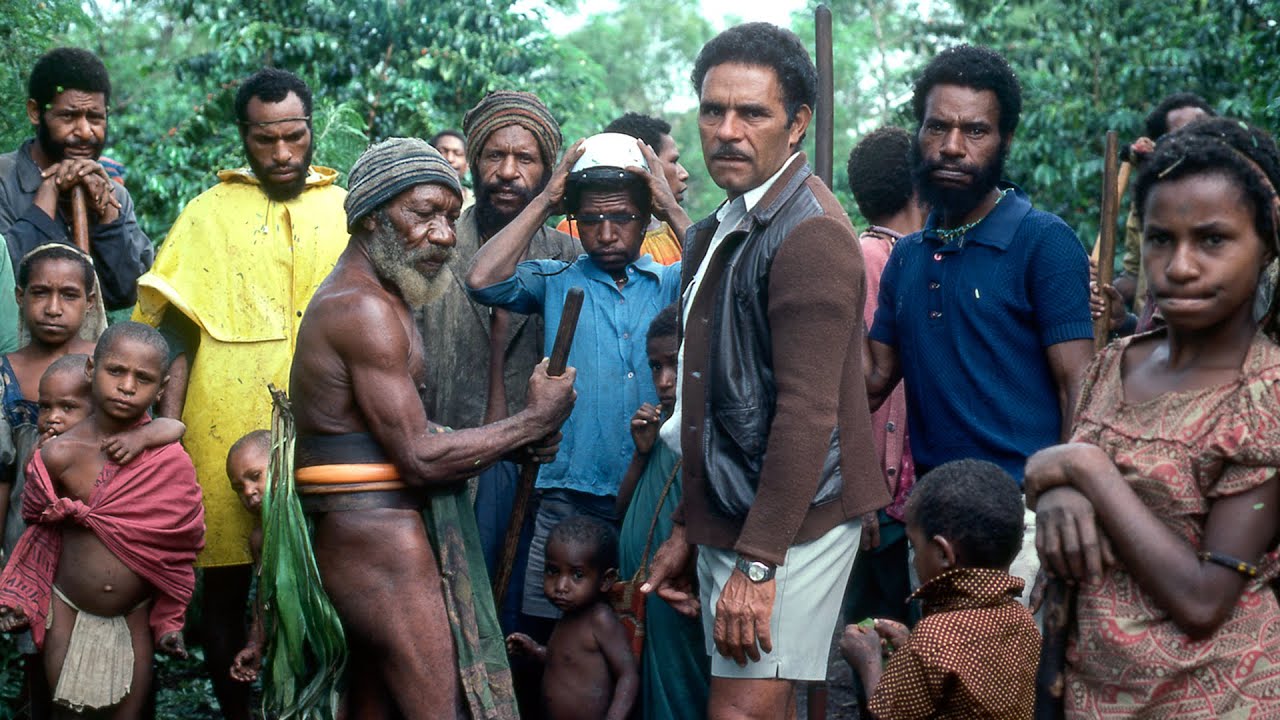Description
// DVD
Black Harvest (90 minutes)
Filmer les Highlands : Entretien avec l’ethnologue et documentariste Lorenzo Brutti
Livret (40 pages) : Entretien avec Bob Connolly, par Alain Morel
16 mm / 1,33 :1 / Pal / Pigdin & Anglais / Sous-titres français opt. / 90 min + 30 min (supl.) / Chapitres / All Zones / DVD 9


